The 3 Most Important Body-Care Products to Swap First If You’re Going Natural
Okay, where do I start? It's the question everyone asks/freaks out about when considering swapping their not-so-clean beauty products for natural alternatives and a ride on the clean beauty train.
I totally get it. If your bathroom is like mine, overflowing with body washes and moisturizers that I swear I'm emotionally attached to, you really just need to know what's potentially toxic and has to go.
Which is why we tapped clean beauty expert Tara Foley to tell us the three most important products are to replace first—and, guess what, they're all body care related.
Why? When you think about exposure to toxic chemicals in terms of how much of your body you're covering with products and frequency of use (those twice daily showers due to spin class!), it's the most logical place to start, says Foley, who's also founder of natural beauty shop chainlet Follain.
"The body-care products you should definitely switch contain one or more of these ugly ingredients: aluminum zirconium, fragrance, and triclosan,” says Foley.
She believes these very common villains, lurking in countless drugstore and brand-name soaps, body washes, and deodorants, can hinder the products from doing what you actually want them to do—nourish your skin.

{{post.sponsorText}}
And if the price tags have prevented you from making the switch to cleaner personal-care products (they do cost more than a $4 jug of Jergens), rest assured: Well+Good editors swear they've never finished a bottle of organic body oil less in than six months. These beauty superstars are effective, and a small amount goes a long way, confirms Foley.
Read on for the 3 major body-care swaps, along with some rockstar non-toxic product recommendations.
1. Deodorant
Why: We're supposed to sweat, but antiperspirants aim to block it—which could lead to health problems.
This is Foley's absolute number one product on the list of things to swap. “The thing is, we’re supposed to sweat—not clog that area with aluminum to keep perspiration at bay," she says.
Armpits are an area that researchers have tied to breast cancer development, if toxic ingredients get absorbed.
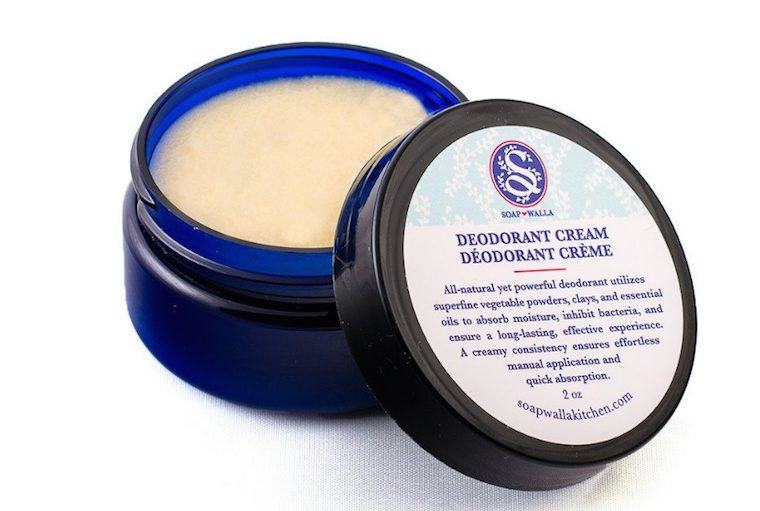
Foley recommends Soapwalla’s deodorant cream ($14) "that's really effective"—and it continues to be a Follain best-seller.
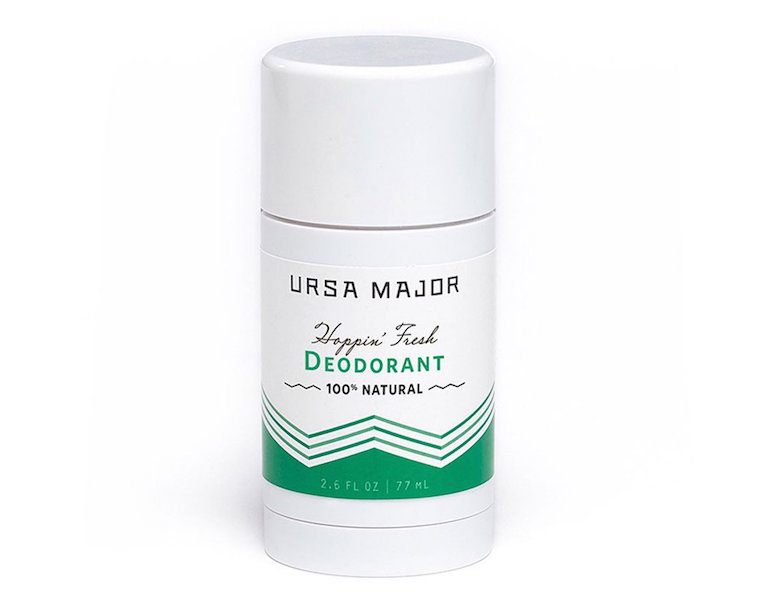
If you prefer a stick, Foley loves Ursa Major's Hoppin' Fresh deodorant ($18). "It's minty and you could even trick your boyfriend into using it," she says.
2. Body lotion
Why: Lotion—and the chemicals in it—is slathered over your entire body.
Foley says that conventional body lotions are loaded with undesirable chemicals, which you don't want all over you, particularly fragrance. That one ingredient may legally include "thousands of chemicals that don't need to be disclosed—is a huge one to avoid at all costs," she says. "Plus, lotion sits on your skin until it’s washed off.” And who wants crappy ingredients on their skin for hours on end?
Foley's a fan of switching to natural body oils: "They have smaller molecules than lotions, so they can penetrate the skin faster and more effectively.” And they don't need the chemicals that lotion does for emulsification and even preservation.
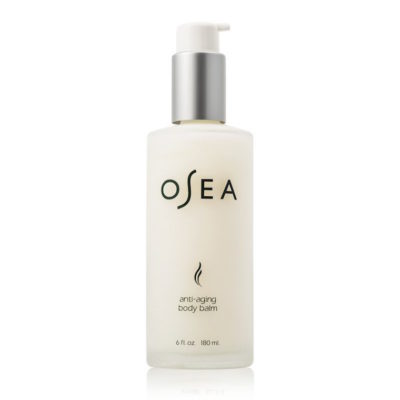
Foley loves Osea's Anti-Aging Body Balm ($48) because "a little goes a long way to restore a glow and deeply nourish the skin."
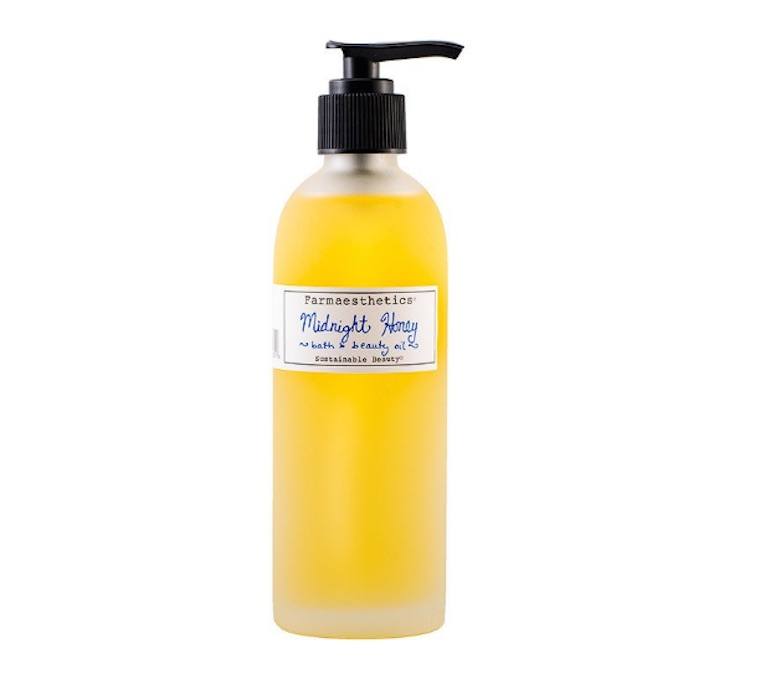
"Farmaesthetic's Midnight Honey Body Oil ($40) is amazing—the bottle is huge (7 ounces) and it smells incredible," says Foley. "It's one of the more economical options when it comes to cost per ounce. You can use it to moisturize your skin right after the shower, and you can even drop some into your bath so you feel nice and hydrated when you step out of the tub."
3. Body wash and soaps
Why: Most contain a hormone-disrupting ingredient and can strip your skin.
“Almost all antibacterial soaps [think Irish Spring] contain triclosan—a controversial ingredient that has been banned in many parts of the world and recognized as a potential hormone disruptor—yet it still seems to show up,” says Foley. She adds that many are also major offenders when it comes to sodium laurel sulfate and fragrance—two chemicals on the Dirty Dozen list.
“Swap for a basic, oil-based soap," says Foley, like olive oil or coconut. "They actually nourish your skin, as opposed to stripping your skin like traditional soaps can do, and your skin will feel hydrated and soft (not dry and tight) when you step out of the shower."
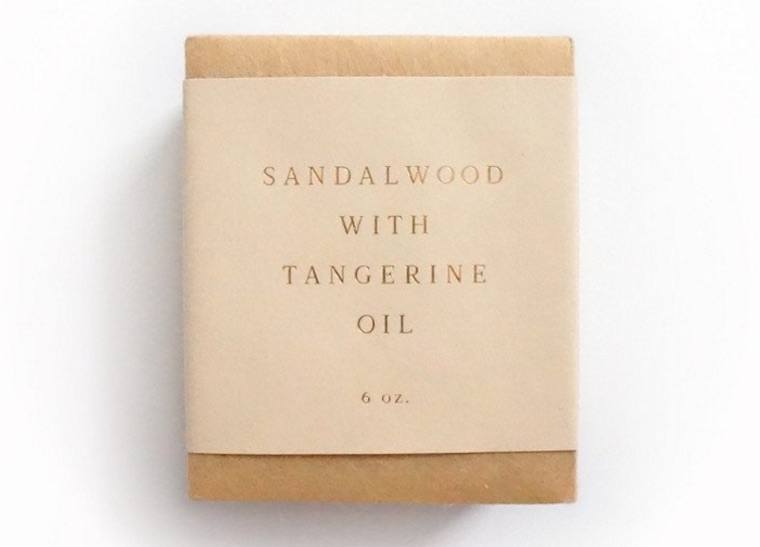
"For a bar soap, we love Saipua's olive oil soaps ($18)," says Foley. "They are incredibly hydrating for the skin, and are large in size, so they don't disappear after a few showers."
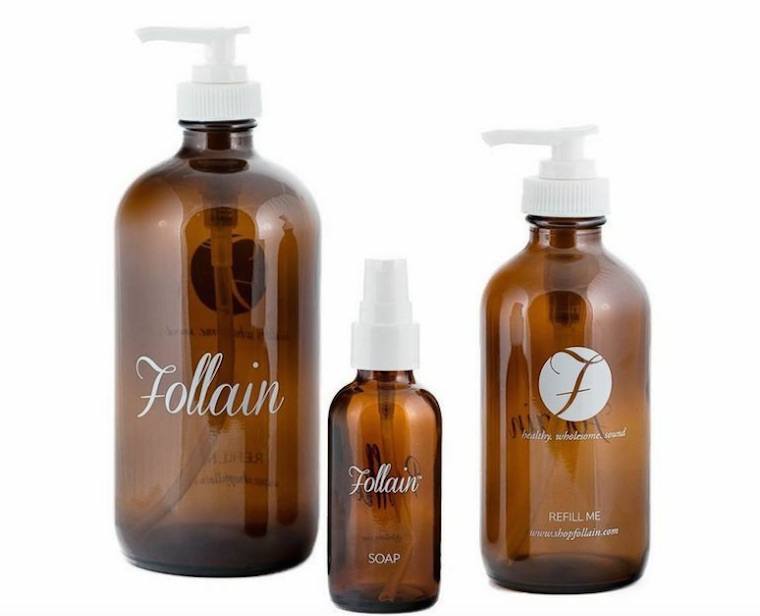
Follain makes is own simple refill-able castille soaps ($24), and they're super popular, says Foley. And a little more chic in formulation and packaging than the health-food store variety wash.
Thinking about venturing out to getting an oil for your face, too? Here are 6 expert tips for picking the right one for you. And for healthier sun-care, these are our 11 favorite natural sunscreens.
Loading More Posts...